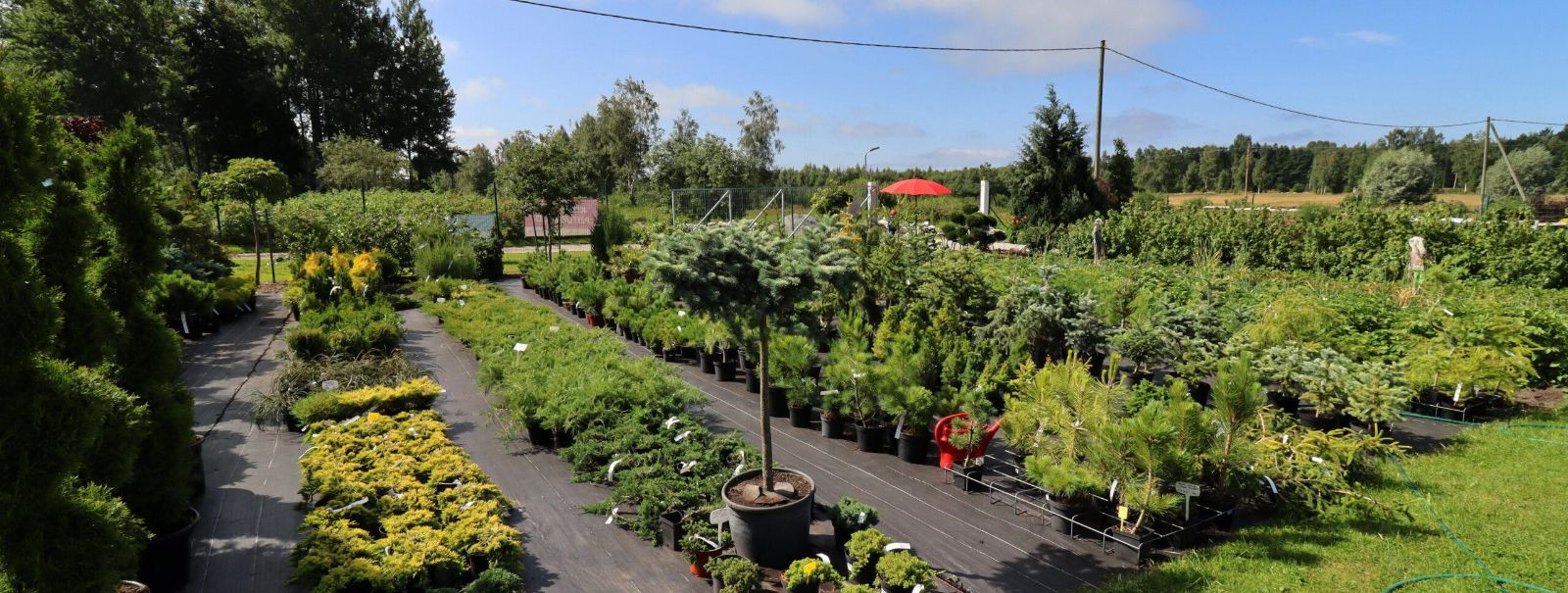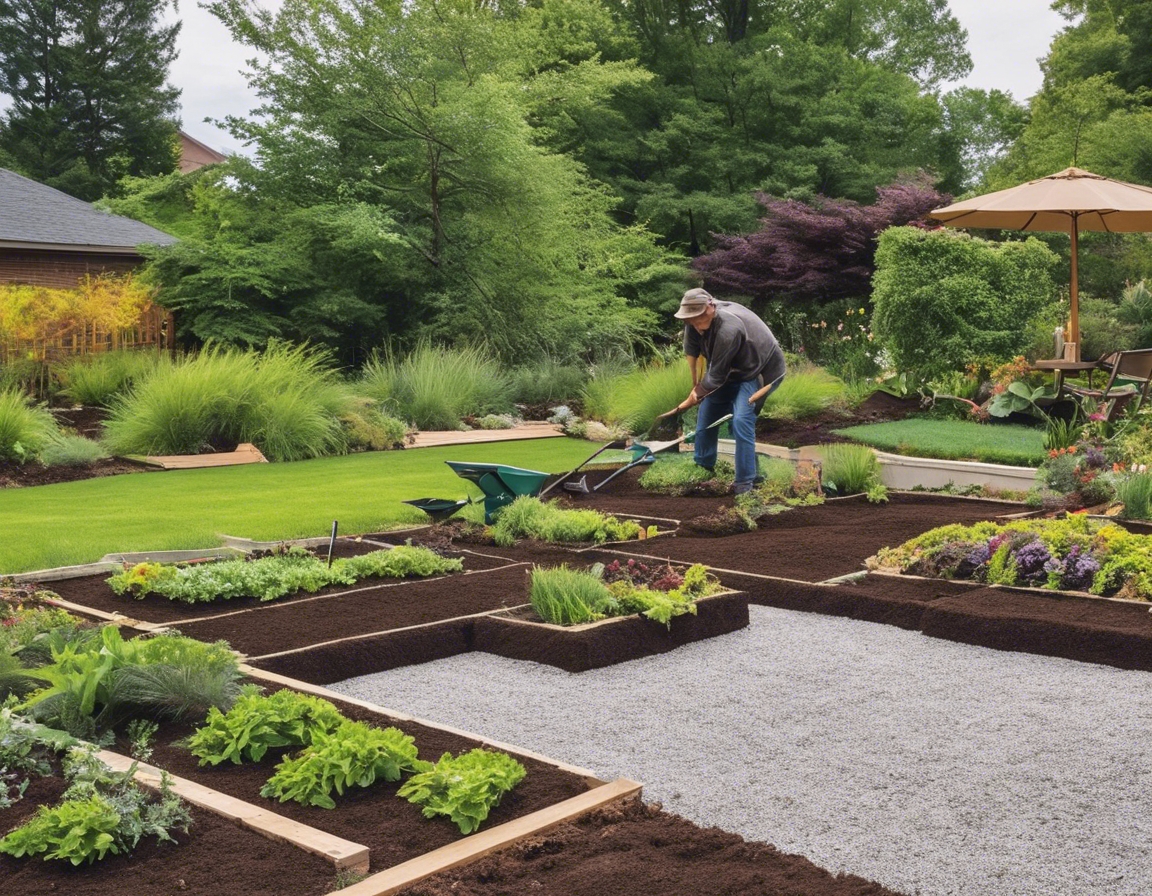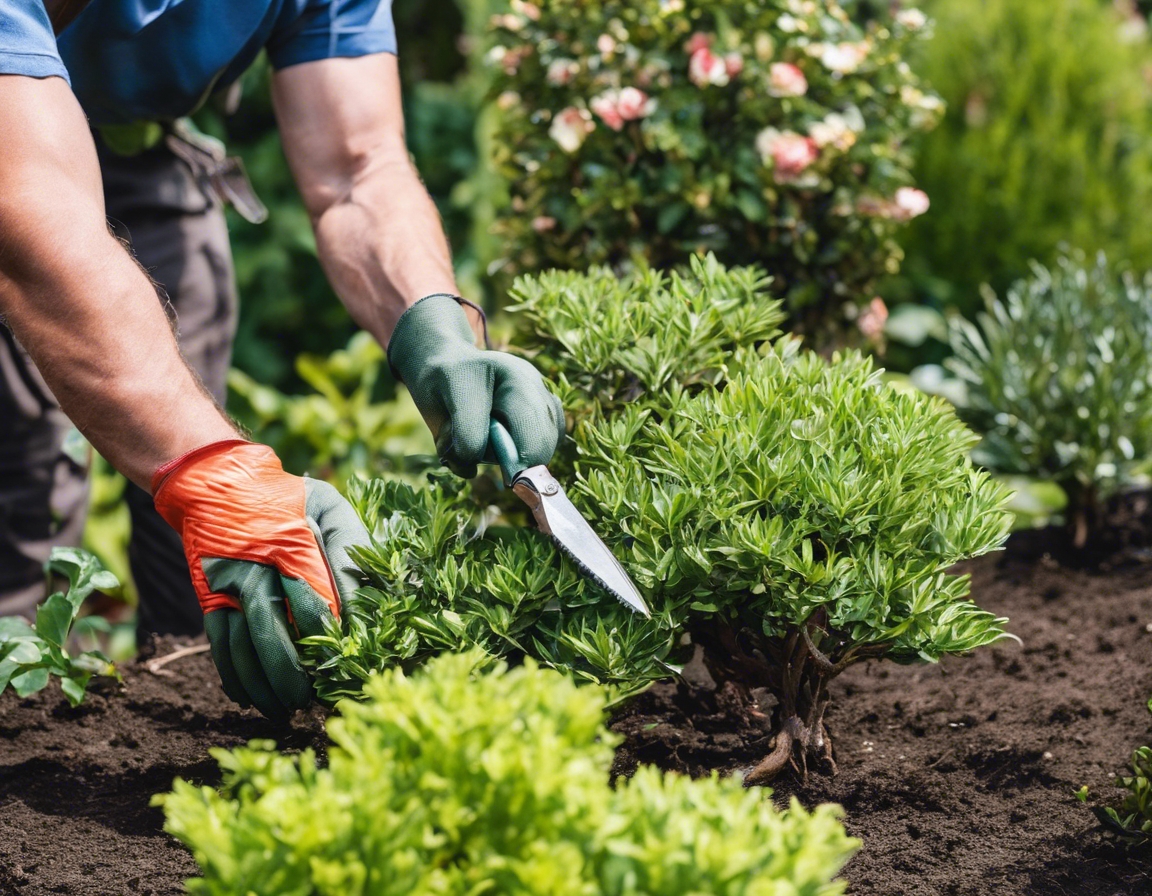5 tips for sustainable garden planning
Sustainable gardening is a method that focuses on using natural resources responsibly to create a healthy and productive garden ecosystem. It involves practices that support soil health, conserve water, and promote biodiversity, all while reducing the environmental impact of gardening activities.
Sustainability in the garden means making conscious choices that benefit the environment, your health, and the local ecosystem. It's about creating a balance between the needs of the gardener and the natural world.
Tip 1: Start with a Thoughtful Design
Begin by evaluating the natural conditions of your garden area. Consider factors such as sunlight, wind patterns, and soil quality. This will help you determine the best location for each plant and garden feature.
Selecting native plants is crucial for a sustainable garden. They are adapted to the local climate and soil conditions, require less water and maintenance, and provide habitat for native wildlife.
Tip 2: Implement Water Conservation Strategies
Collecting rainwater in barrels or designing a rain garden can significantly reduce your reliance on municipal water and lower your water bill.
Drip irrigation is a water-efficient method that delivers water directly to the roots of plants, minimizing evaporation and runoff.
Tip 3: Opt for Organic and Natural Practices
Using organic fertilizers and pesticides reduces the amount of harmful chemicals in your garden, protecting the soil and groundwater quality.
Composting kitchen and garden waste creates nutrient-rich soil amendments, while mulching helps retain soil moisture and suppress weeds naturally.
Tip 4: Encourage Biodiversity
Incorporating plants that attract pollinators and beneficial insects can help control pests and improve pollination in your garden.
Planting a variety of species and rotating crops can prevent disease and pest infestations, reducing the need for chemical interventions.
Tip 5: Use Sustainable Materials and Resources
Choosing recycled or renewable materials for garden beds, paths, and structures supports sustainability and reduces waste.
Opting for hand tools or electric-powered equipment over gas-powered tools can reduce your carbon footprint and noise pollution.






Comments (0)